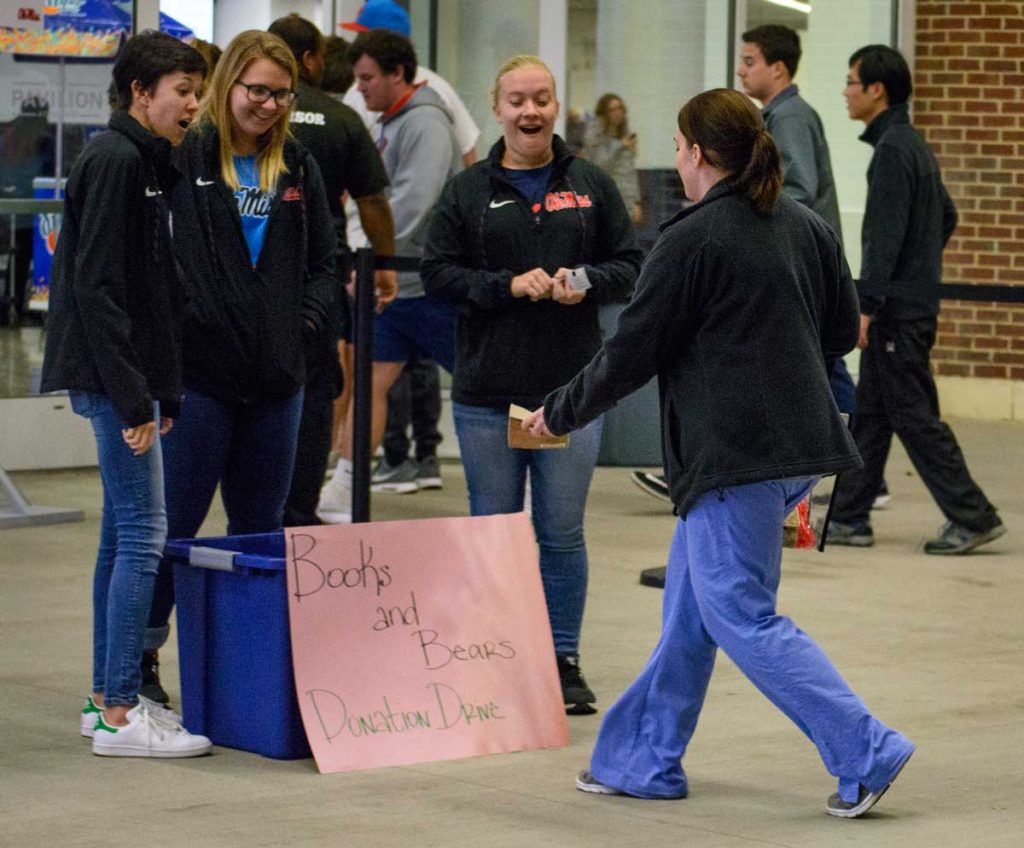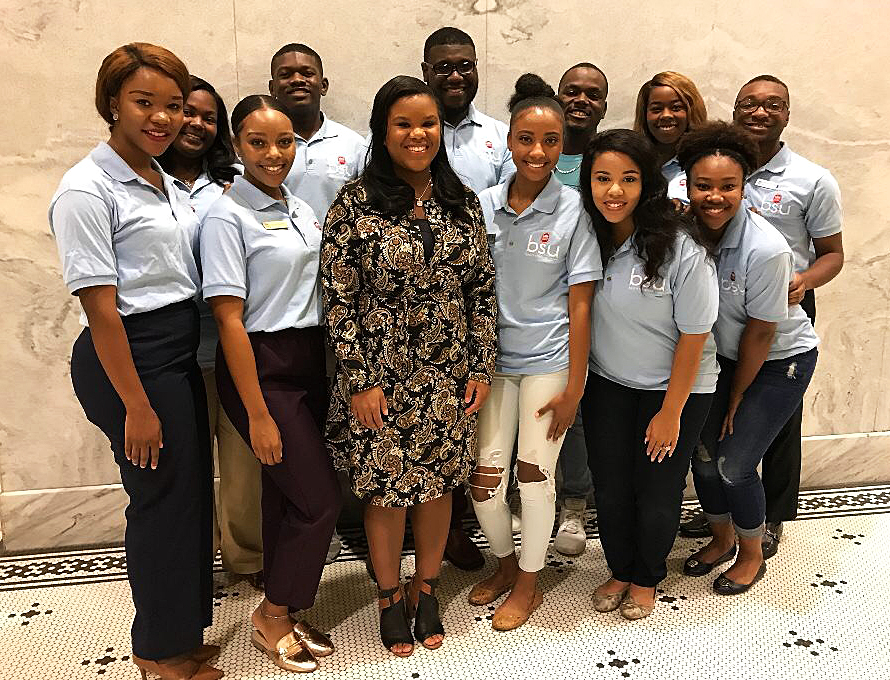The UM Slavery Research Group and the Robert C. Khayat Law Center teamed up Wednesday to sponsor the Martin Luther King Day Commemoration Panel at the university’s law school.
The panel was made up of four faculty members: history professor Anne Twitty, sociology professor Jeffrey Jackson, English professor Jennie Lightweis-Goff and history professor Marc H. Lerner and connected various areas of research in Oxford-Lafayette County and beyond to slavery on campus.
The UM Slavery Research Group began in 2014 and is currently made up of faculty and staff working across disciplines to learn more about the history of slavery and enslaved people in Oxford and on campus.
Jackson serves as co-chair of UMSRG and said many “institutions were created in support of slavery … and were founded largely on the basic profits of slavery”.
During the construction of the original 10 buildings that made up the University of Mississippi, enslaved people were rented by the university from local slave owners to dig wells, build dwellings and provide services such as carpentry and masonry to the university.
Three of those buildings remain, including the Lyceum.
“George Hall, Lamar Hall, Barnard Observatory, these are all prominent men in our campus’ history, but they were also slaveholders,” Jackson said.
Accounts of these enslaved people can be found in faculty minutes and Board of Trustees minutes. There are particular stories, like one of an enslaved woman named Jane who was raped and beaten on campus, that also give light to the importance of the people who built the university.
“To be a slave is to be a stranger,” Lightweis-Goff said.
Documentation and traces of most of those enslaved people are not completely intact. There are photographs without names, and ledgers with only first names or nicknames.
“The university also maintained an enslaved labor force,” Jackson said. “While their names were rarely recorded in historical documents, we do know that George, Jane, Henry, John, Squash, Moses, Will and Nathan were among those who performed the work of farming and maintaining the buildings and stables.”
The first university to begin researching institutional enslavement on a college campus was Brown University.
“Brown University, after all, largely began as an influential institution as a result of the support that it received from the Brown family, who, by and large, had made their fortune off the trans-Atlantic slave trade,” Twitty said.
Since then, several universities have begun to do the work associated with rediscovering the lives of enslaved people on university campuses.
“The impact of Brown University for the rest of us undertaking such work has been absolutely enormous,” Twitty said.
Currently, a national organization known as Universities Studying Slavery (USS) allows universities to work together to address both historical and contemporary issues dealing with race and inequality in higher education.
Currently, there are only 34 institutions that are members of the USS. The groups include Ivy League institutions, private universities and colleges, as well as public, state-funded institutions.
The University of Mississippi is the only institution in the state and the only institution in the Southeastern Conference that is part of the organization.
The university will unveil six plaques March 2 to contextualize several university buildings and spaces on campus and will also host other events throughout the semester to showcase the work of the UM Slavery Research Group.











